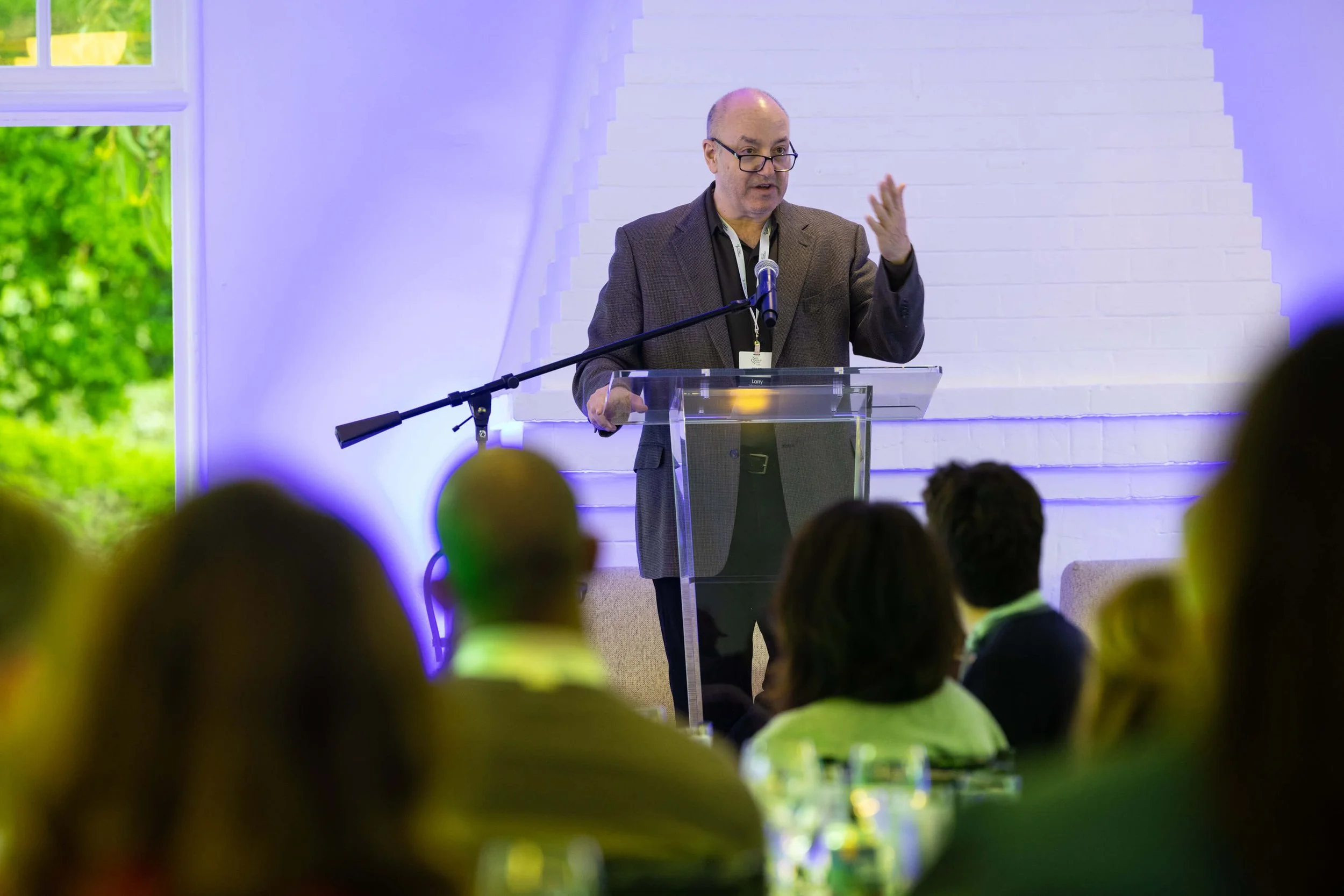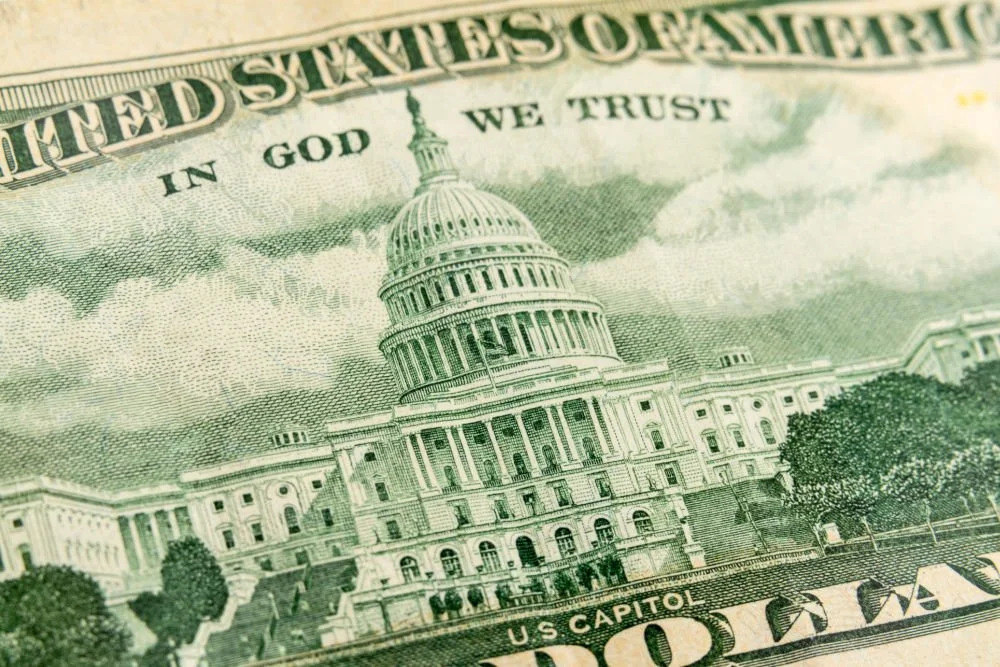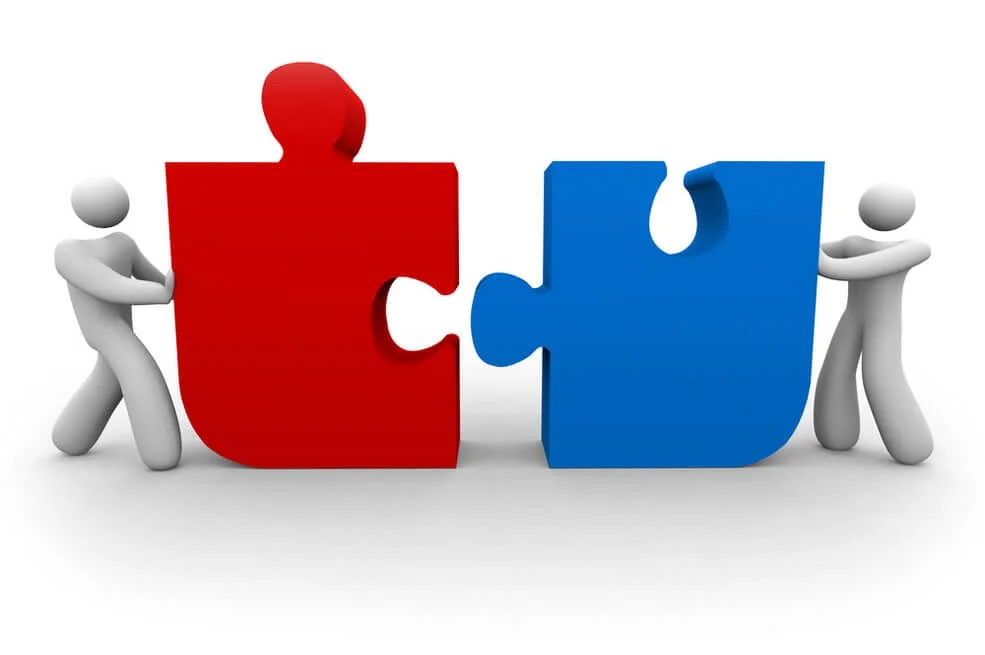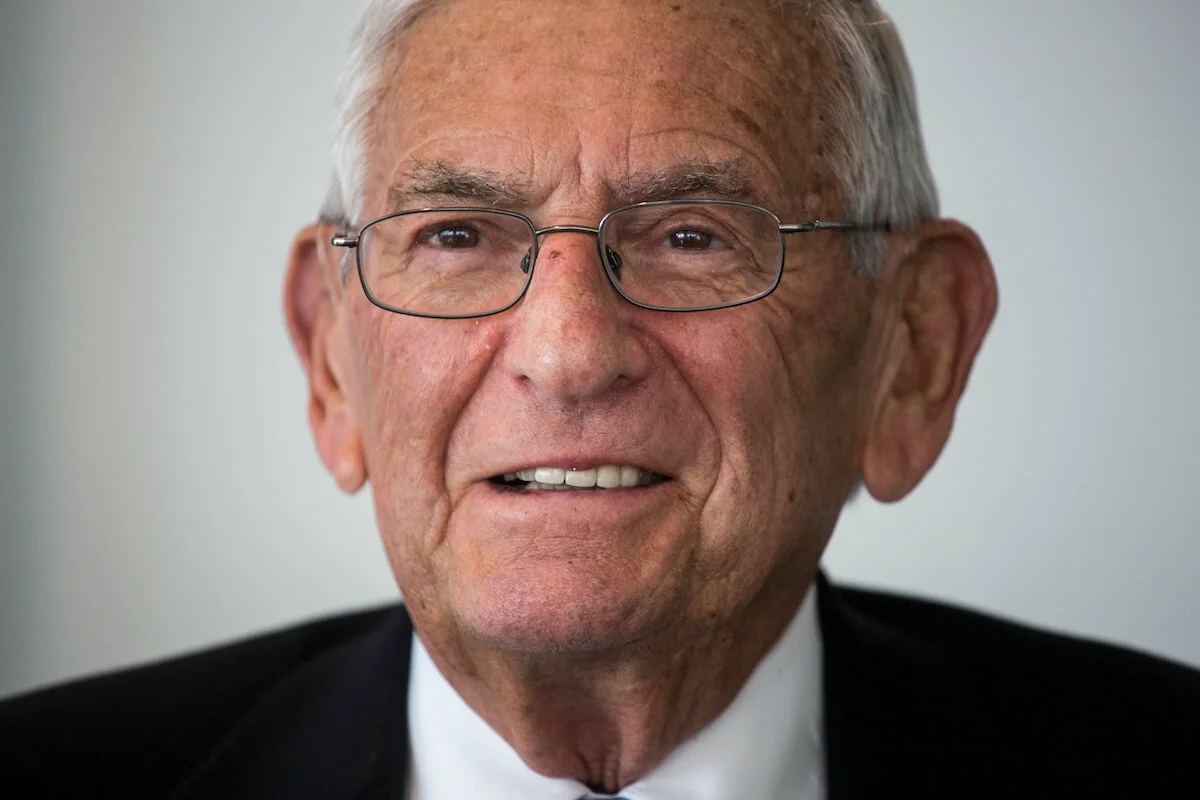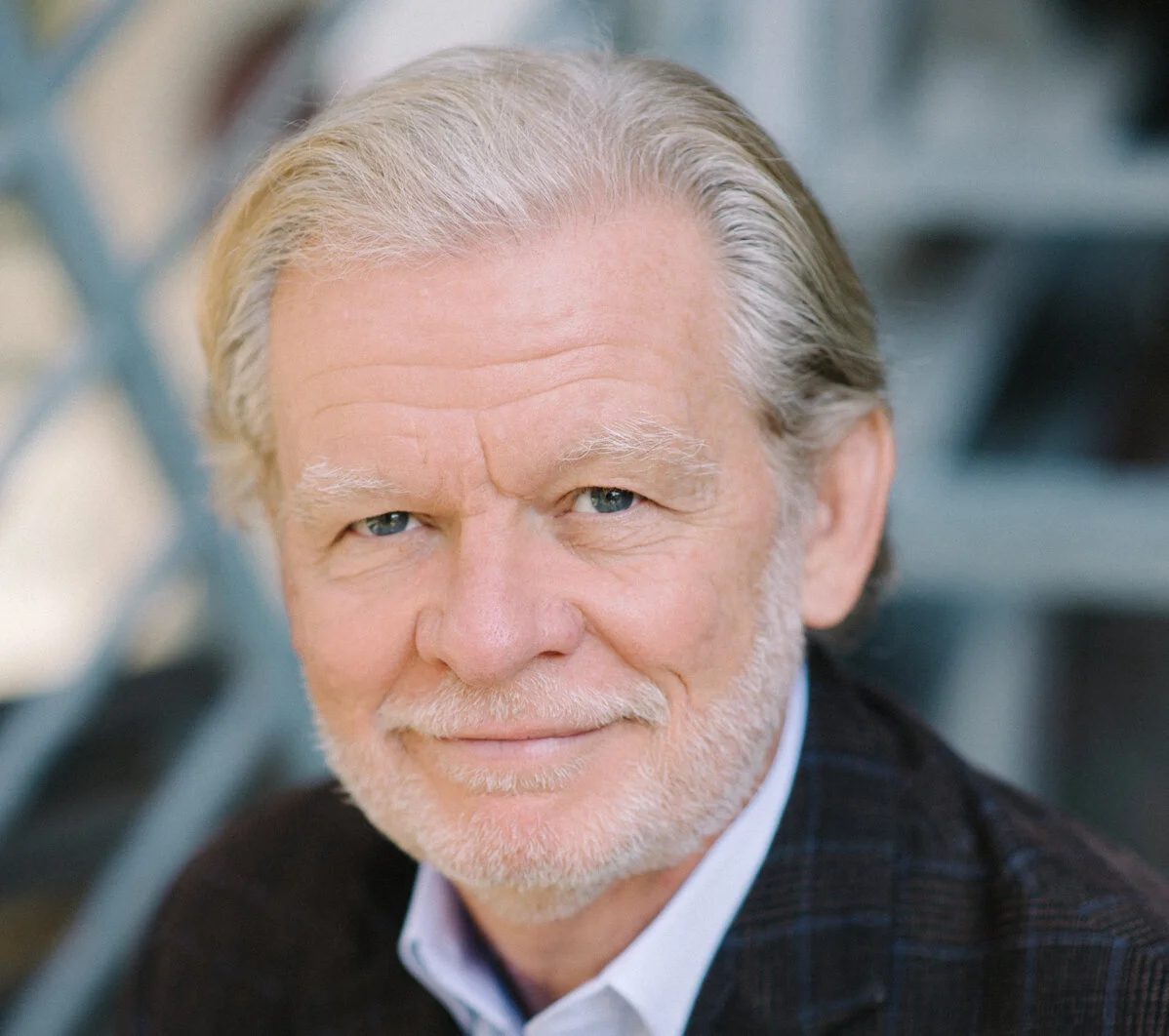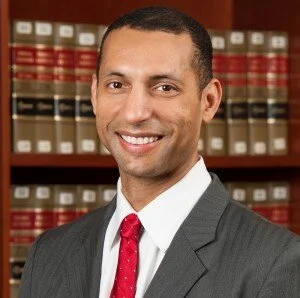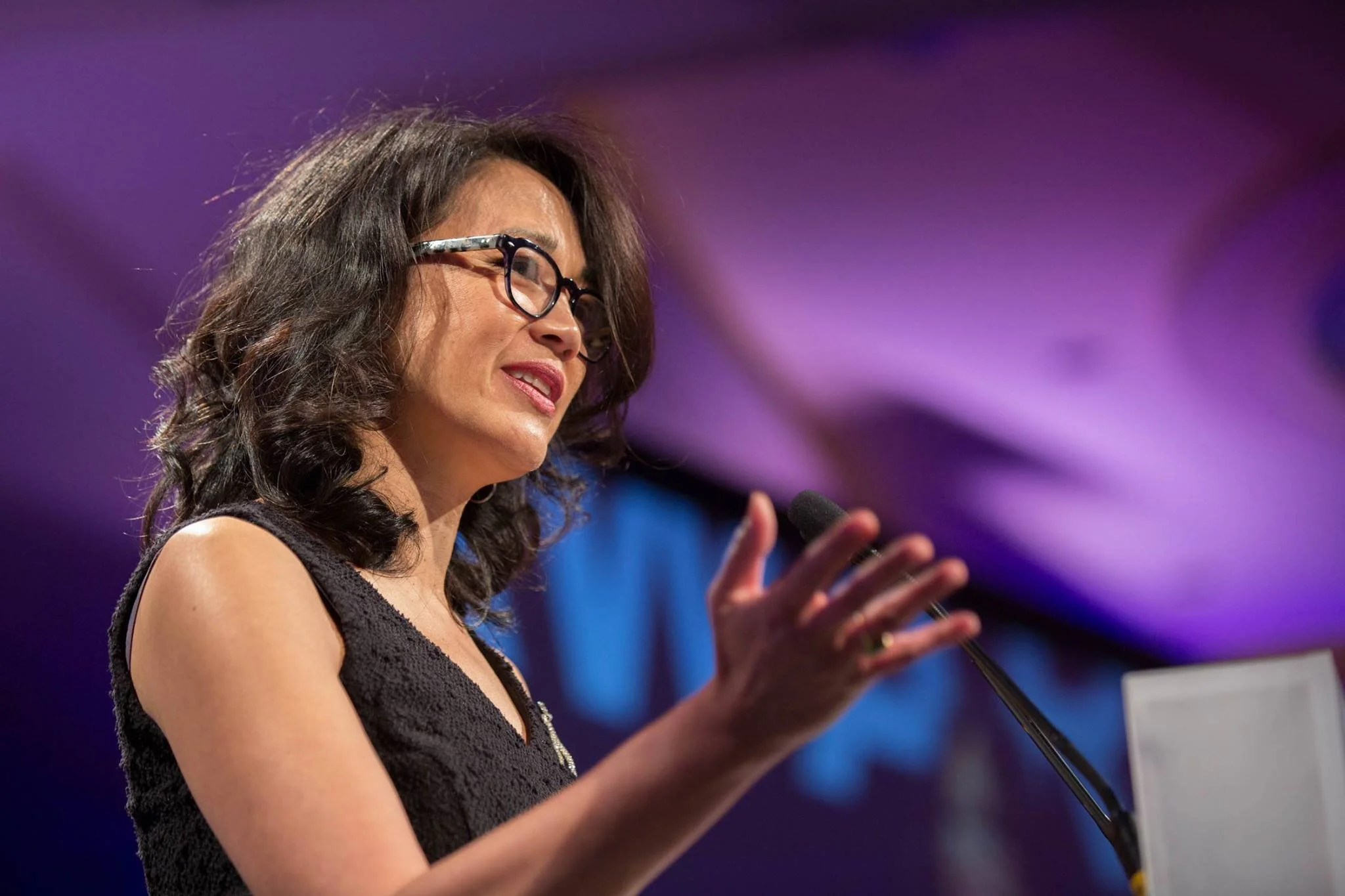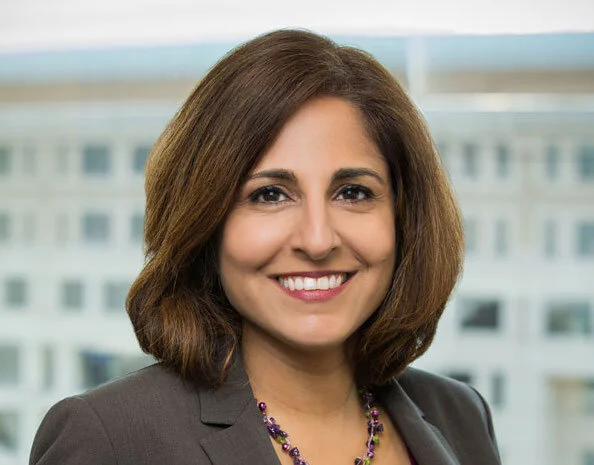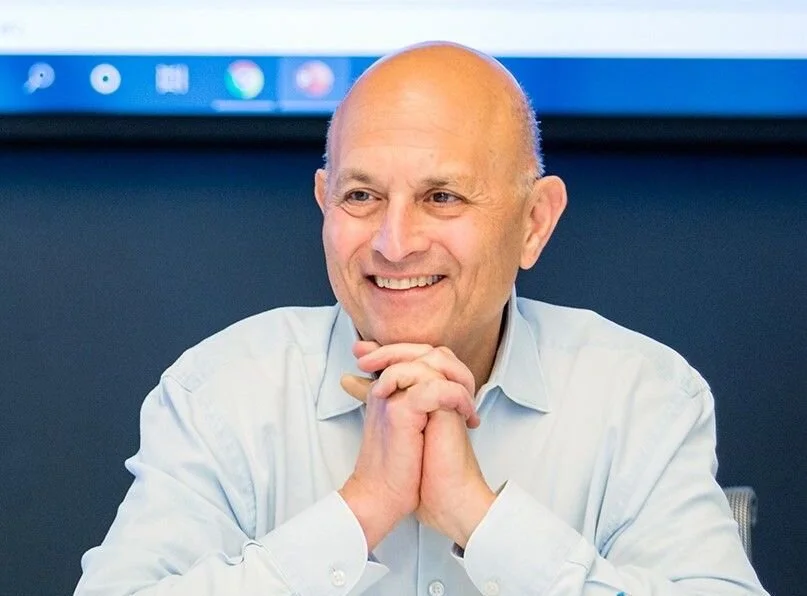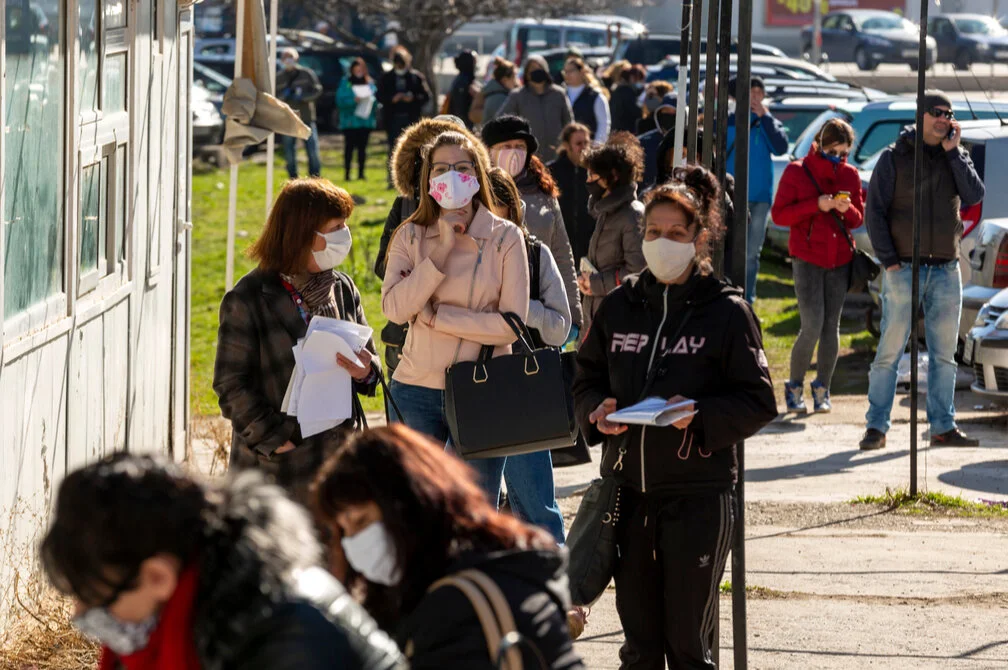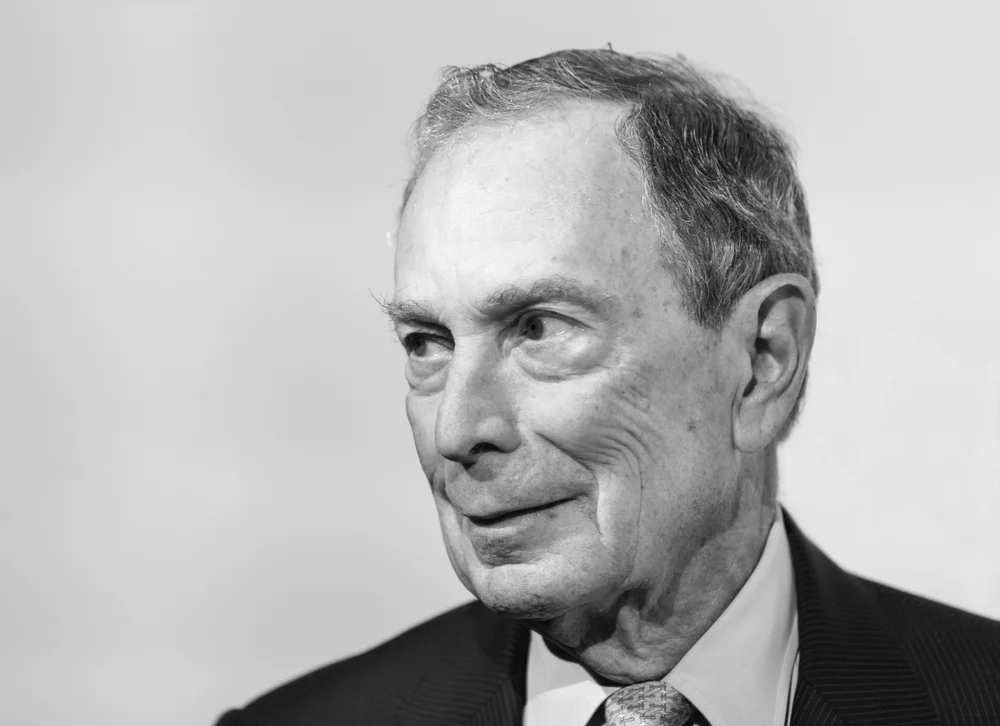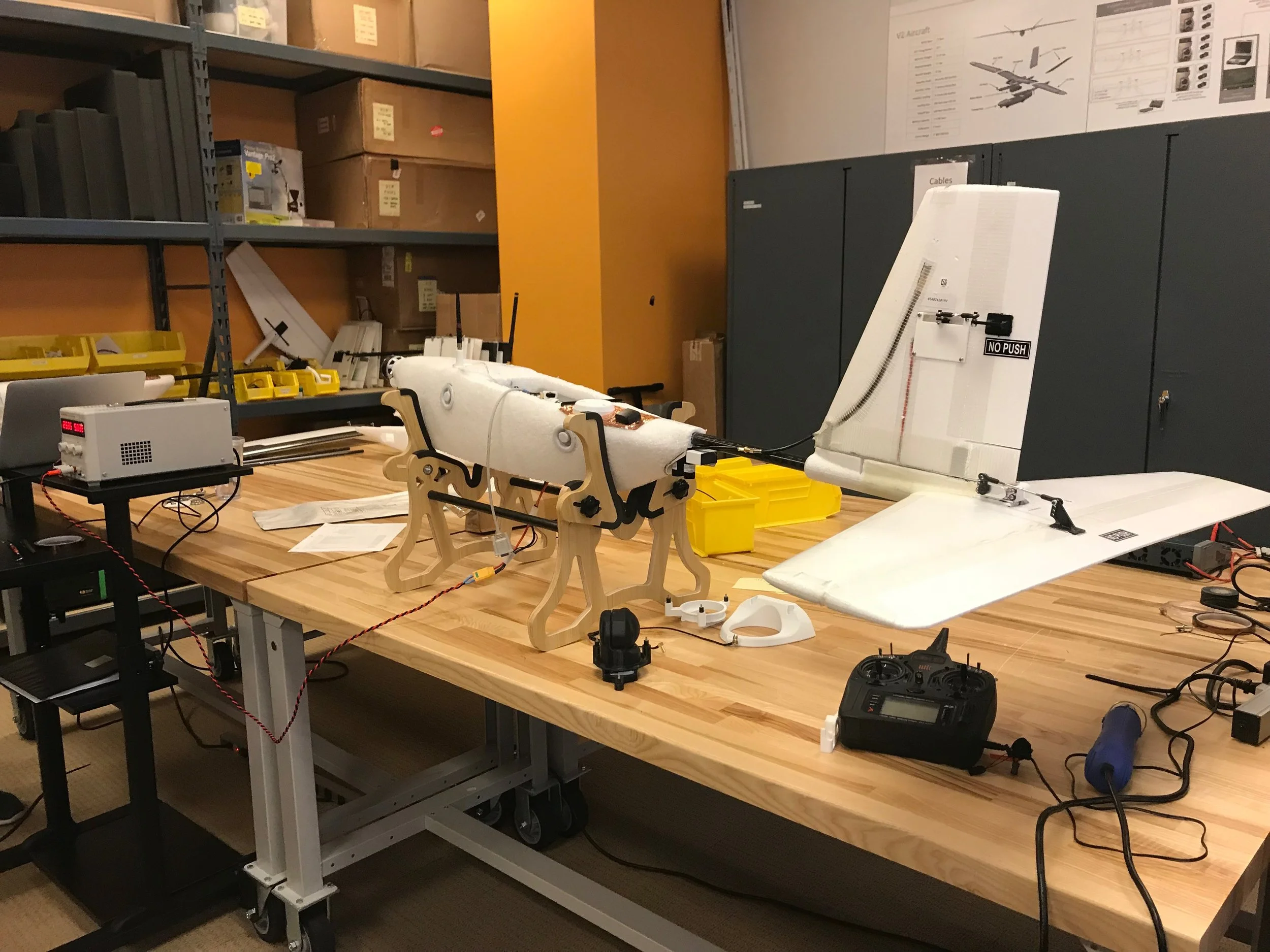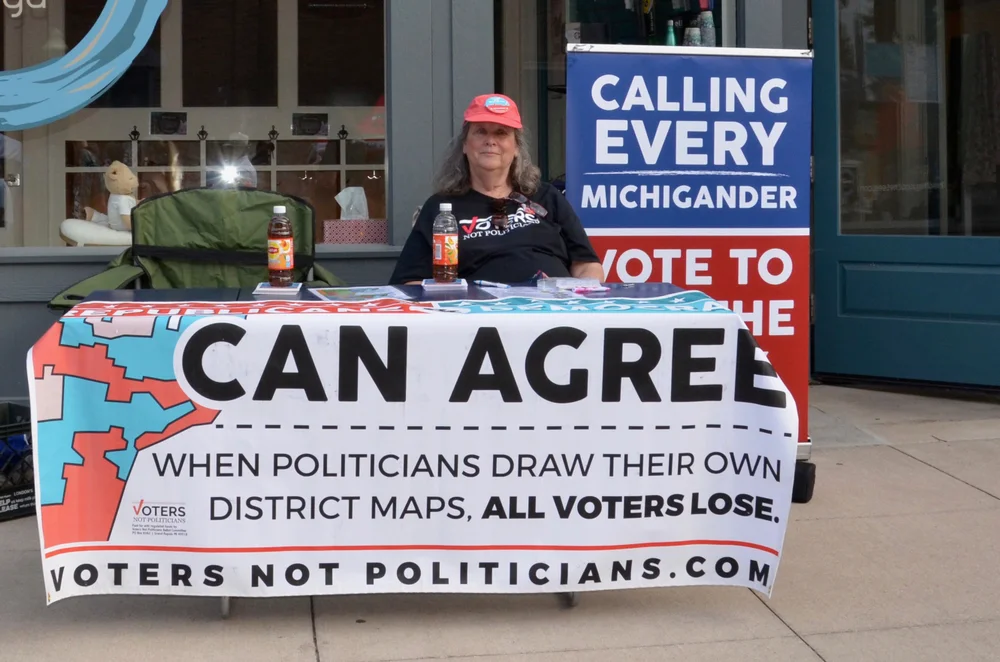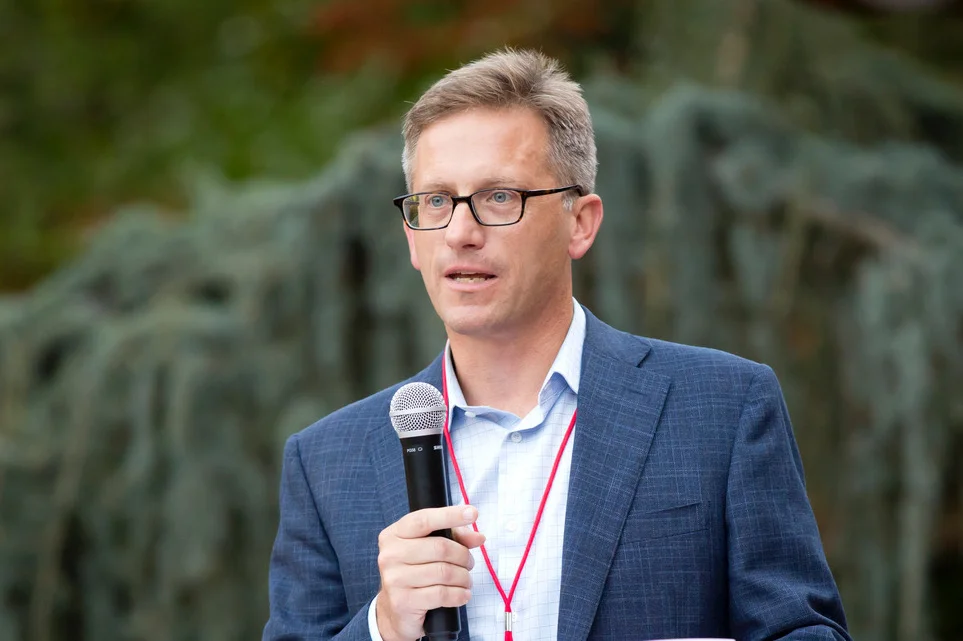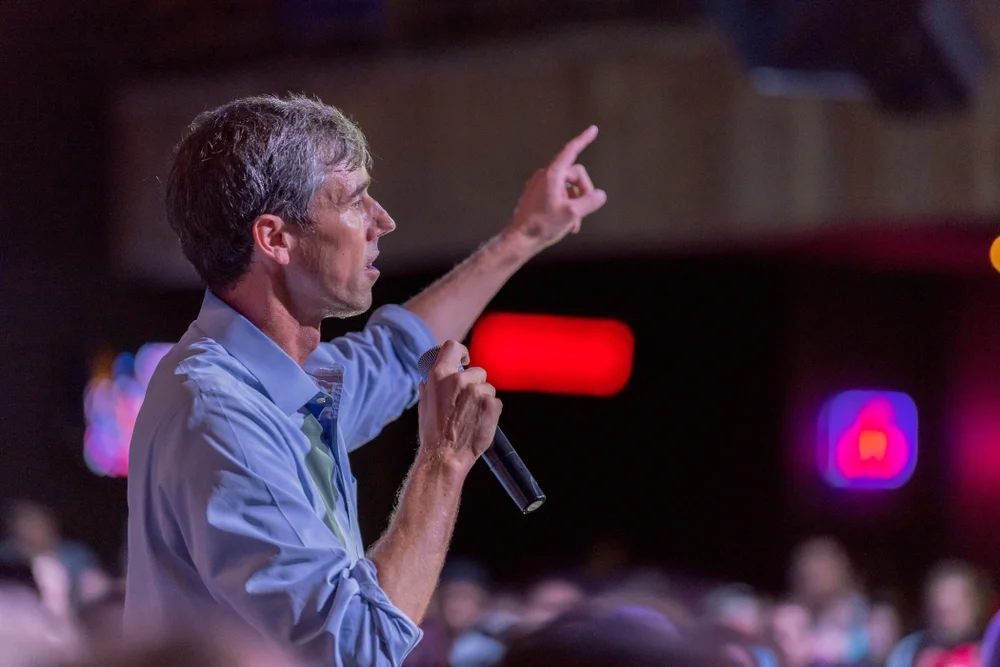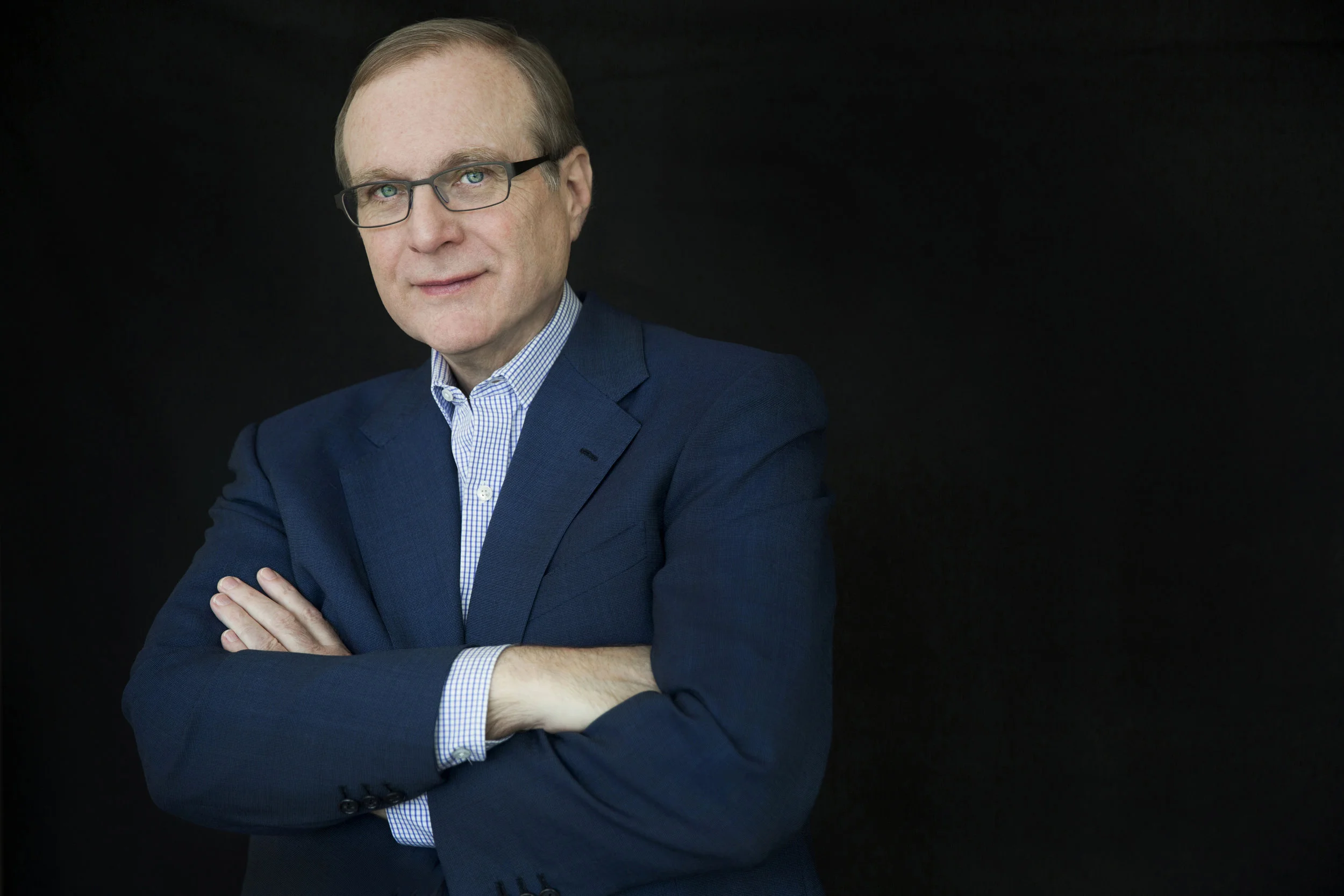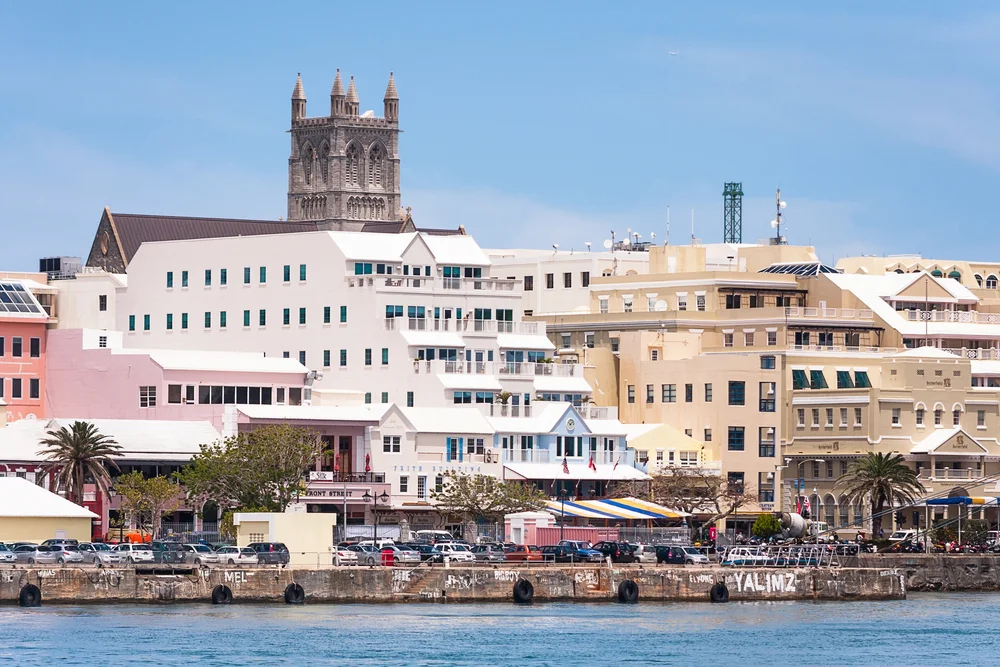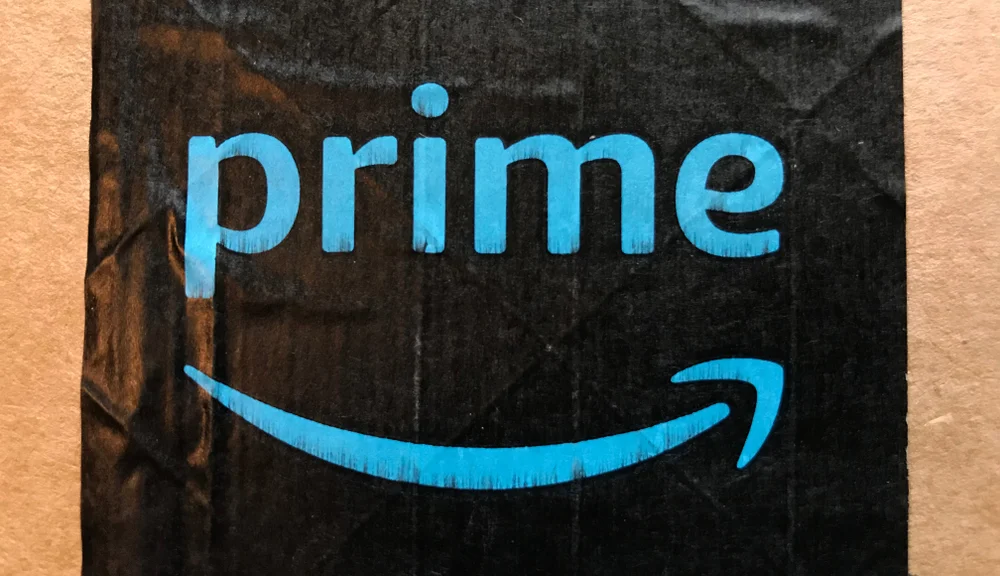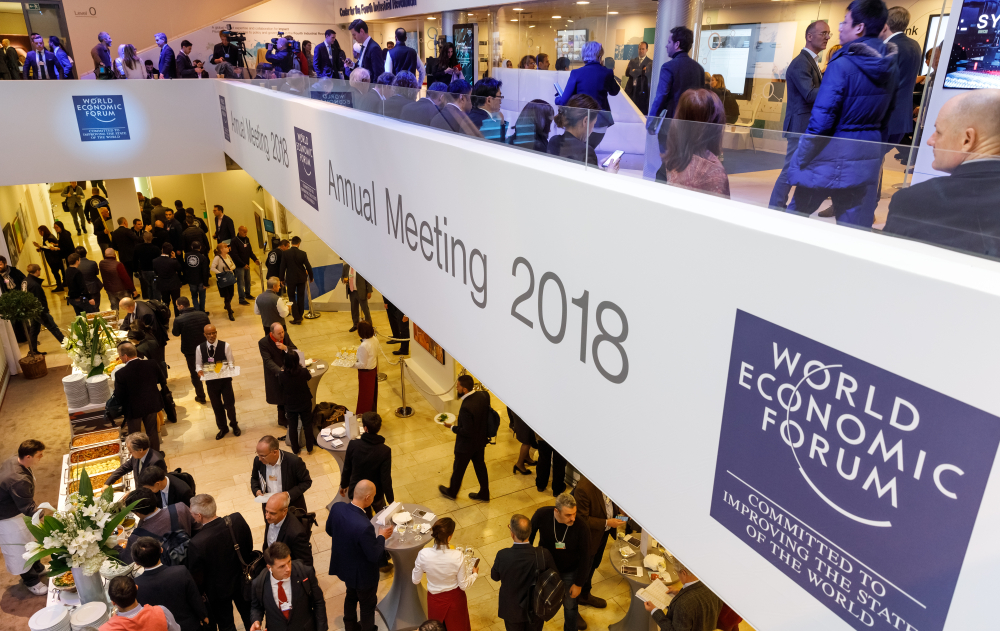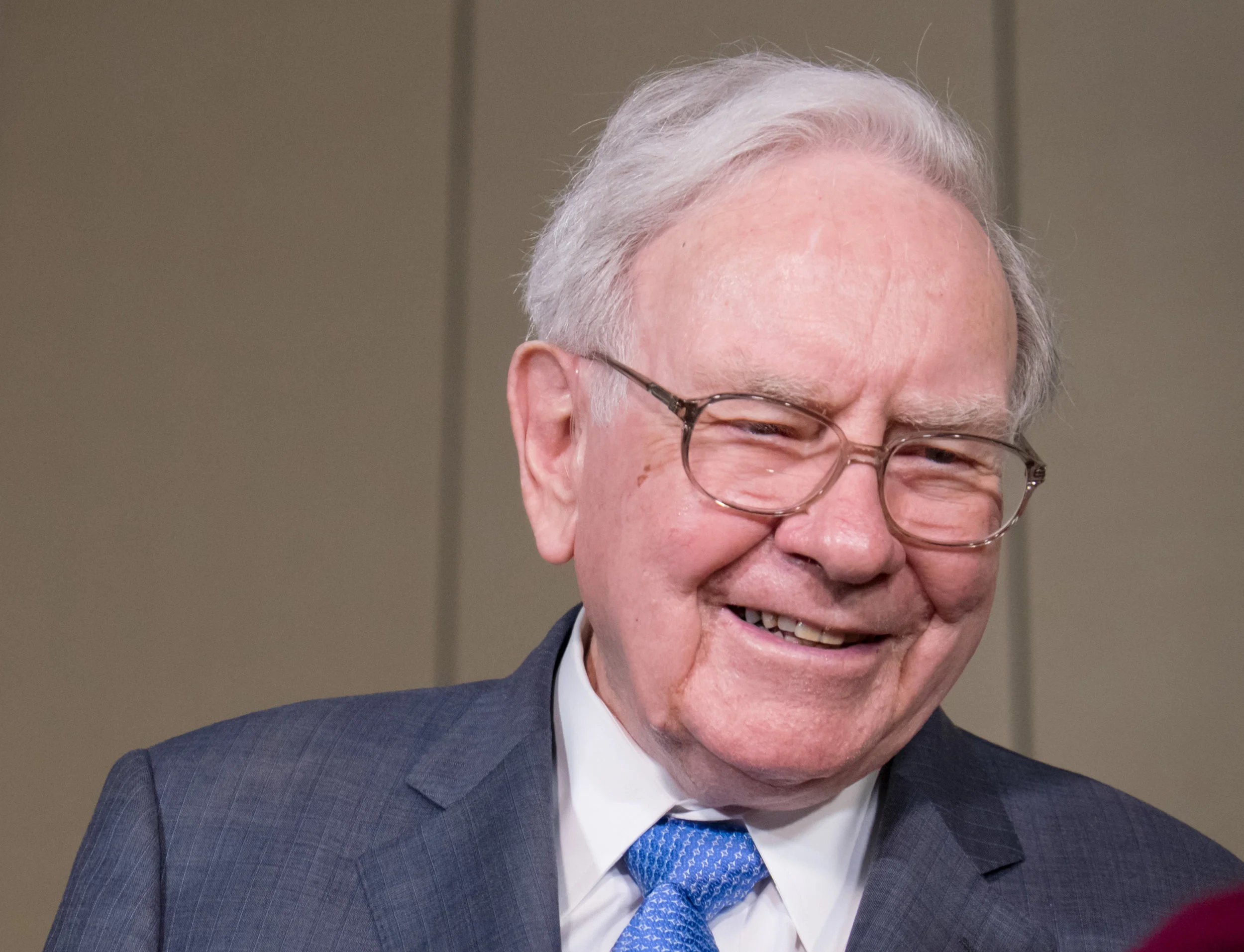Hey, Jeff and MacKenzie Bezos: Here Are Some Ideas for Your Philanthropy
/Request for ideas… pic.twitter.com/j6D68mhseL
— Jeff Bezos (@JeffBezos) June 15, 2017
For the past few years, I’ve been wondering what Jeff Bezos and his wife MacKenzie will do when it comes to philanthropy.
I’m not alone in that regard. Thanks to an extraordinary surge in Amazon’s stock price, Jeff is now close to being the wealthiest person in the world, with a fortune that currently stands at $84.5 billion. As Robert Frank reports in the New York Times, that’s led to growing speculation about his philanthropic plans.
Yesterday, Bezos gave one of the biggest hints yet of how he might give, posting a “request for ideas” for his philanthropy. While noting that he tended to think about the long term when it comes to business, he said he wanted to do the opposite with his giving. He wrote, “I’m thinking I want much of my philanthropic strategy to be about helping people in the here and now—short term—at the intersection of urgent need and lasting impact.”
Now, before offering an idea or two that fits this bill, let me just say this inclination to address immediate needs is refreshing right now. So many of today’s mega-donors, especially from tech, are engaged in a long-term quest to achieve systemic or transformative change. Think of Mark Zuckerberg and Priscilla Chan’s efforts to conquer disease or to remake education through personalized learning. Or Sean Parker’s long-term bid to vanquish cancer by advancing immunotherapy treatments. Or Jim Simons’ quest for breakthroughs in basic science. Likewise, many major foundations are engaged in long-term work aimed at solving big and entrenched problems. If you’re a smart philanthropist, it seems, the last thing you want is to be seen as a short-term or impulsive thinker who plows their money into feel-good direct service work. The solemn mantra of many new donors is “change, not charity.”
I totally get the inclination to go for the big play with philanthropic dollars. A key strength of private givers is precisely that they can pursue ambitious or risky goals over an extended period—without heeding voters or shareholders looking for more immediate satisfaction.
But here’s the thing: Tremendous human suffering is happening around the world right now. And tragically, philanthropy’s focus on the long-term game tends to limit how much funding is available to alleviate such suffering. Funders are so keen to improve the human condition tomorrow that they can be alarmingly oblivious to the traumas humans are experiencing today.
To his credit, Bezos seems to grasp that something is missing in the grand philanthropic plans of his fellow billionaires. His tweet also suggests that he gets something else: It’s not an either/or choice between long-term thinking and short-term compassion. In fact, there are a number of places where donors can operate at that “intersection of urgent need and lasting impact.”
The global refugee crisis, and especially the plight of displaced Syrians, is a case in point. The greatest humanitarian crisis since World War II has generated only a limited response from private philanthropy, as we’ve reported often. Many funders are too busy with current program priorities to shift course and deal with a crisis that’s swelled rapidly since 2011. Still others see providing such aid as a more appropriate role for national governments and national agencies. But maybe the biggest thing holding back funders is that helping refugees is seen as direct service giving that’s unlikely to yield lasting change.
But that’s exactly wrong. Helping refugees clearly can yield long-term change by allowing displaced individuals to rebuild lives—as opposed, say, to turning to terrorism. Last year, George Soros made exactly this point when he committed $500 million in private investment funds to help refugees build businesses and create economic opportunity. Soros pointed out the world’s “collective failure” to serve the world’s ever-growing refugee population with effective policymaking has “contributed greatly to human misery and political instability.”
Related: With a Monster Pledge, a Glimpse of a New Direction for Soros
Maybe the most tragic dimension of the refugee crisis—and one with the biggest long-term ramifications—is how children are faring. According to UNHCR, nearly 4 million displaced children are not in school. Instead, many spend their days killing time in refugee camps lacking basic services such as schools. UNHCR has repeatedly called on private donors worldwide to finance such services. Few have responded, and sizeable gifts earmarked specifically to educate refugee children are few and far between. (Western Union is among the few major funders in this space, as we’ve reported.) “Refugee education is sorely neglected, when it is one of the few opportunities we have to transform and build the next generation so they can change the fortunes of the tens of millions of forcibly displaced people globally,” Filippo Grandi, the chief of UNHCR, has said.
So if Jeff and MacKenzie Bezos are looking to make a difference both now and in the future, helping refugees—and especially the children—is one obvious choice. There are any number of shovel-ready initiatives addressing this crisis that could quickly and easily make good use of Bezos wealth, starting today.
Another area of potential giving where urgent needs and long-term impact intersect is reproductive health. Some 300,000 women, mostly in poor countries, die every year during and following pregnancy and childbirth. That’s a staggering level of heartbreak, especially since it’s now taken for granted in advanced countries that mothers will survive having a child. Meanwhile, it’s been estimated that 40 percent of pregnancies worldwide are unplanned—with negative consequences on the life chances of women. Some 47,000 women die from unsafe abortions every year, a horrifying statistic.
Investing in reproductive health reduces such suffering and helps to manage population growth in poor countries, which is critical for economic development and women’s empowerment. Several top philanthropists, most notably Bill and Melinda Gates and the Buffett family, give heavily in this area. But it’s not nearly enough. And thanks to the Trump administration’s imposition of a new and harsher global gag rule, the situation is now getting worse.
Related: Gag Reflex: Melinda Gates Isn't the Only Funder Worried About the Mexico City Policy
Even more so than refugee education, there’s no shortage of shovel-ready funding opportunities to advance reproductive health, with top NGOs like DTK International standing ready to expand their operations if they can find new resources. All Jeff and MacKenzie Bezos needs to do is write some big checks.
I could go on with more examples, such as helping the 20 million people now at risk of starvation in Nigeria, Yemen, Somalia and South Sudan.
But let’s get back to the bigger picture, which is that there is plenty of room for big, new philanthropists who are drawn to “the right now,” as Bezos put it. And the easiest place, by far, where these donors can make a difference is in poorer parts of the world—where urgent needs are going unmet on a large scale with ominous implications for humanity’s future.
I don’t mean to dismiss the potential impact of giving in the United States. But addressing suffering here tends to be a more complex endeavor. For example, if the Bezoses wanted to lower the huge death toll from drug overdoses or guns, or they wanted to help the tens of thousands of America’s homeless, or lift millions of children out of poverty, they’d be looking at long-time horizons to see impact on a large scale from their giving—assuming they saw such impact at all.
A last point: I’ve put MacKenzie Bezos front and center in this article because almost all giving by wealthy couples is a joint endeavor. And to the extent that couples are able to bring complementary strengths and insights to philanthropy, they are more likely to succeed.
Not much is known about MacKenzie Bezos, who’s had a career as a writer and is the mother of four children. But it’s not a stretch to imagine that she could one day emerge as a key figure in 21st-century philanthropy as she helps dispose of one of the greatest U.S. fortunes ever created.

